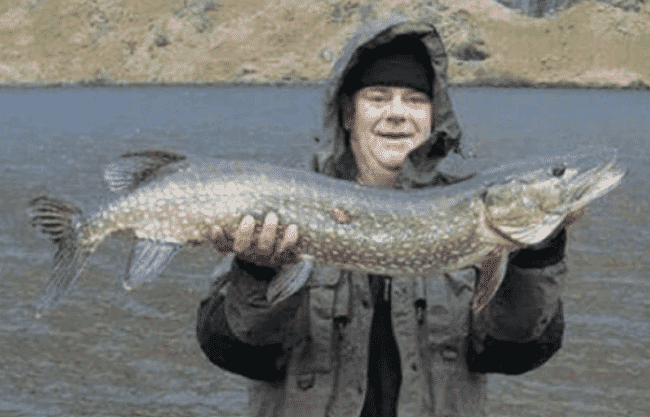
He died following an accident in 2020
The company, which is the largest salmon producer in Scotland, pled guilty to health and safety breaches at Inverness Sheriff Court on 9 May.
The prosecutor told the court that on the afternoon of 18 February 2020, the work boat Beinn Na Caillich was preparing to transfer Hendry to a floating Sea Cap feed barge at the farm.
The “touch and go” transfer aimed to ensure that the boat stopped with one of its gates lined up with the Sea Cap’s ladder so that Hendry could board the barge. However, while the vessel was still moving slowly ahead he stepped through the gate, putting both hands and his right foot on the rungs of the Sea Cap’s ladder.
The boat’s skipper shouted in surprise as he did so and saw the boat hit Hendry in the right side. As the boat was now reversing it also clipped him on the left side.
A technician on board the barge saw Hendry “struggling and distressed” and having difficulty holding onto the ladder. He attempted to stop him from falling by holding onto his lifejacket and clothing, but the severely injured man slipped out of them into the water.
He was submerged for about 20 seconds and recovered from the water shortly afterwards. Despite the efforts of colleagues, emergency services and medical staff, Hendry could not be resuscitated.
Health and safety omissions
The investigation by the Maritime and Coastguard Agency found that the company had failed to make a suitable and sufficient risk assessment or maintain systems of work for the health and safety of employees when transferring from a vessel to a structure such as a Sea Cap.
They also failed to provide employees with the necessary supervision to ensure lifejackets were properly tightened and secured.
Hendry was left responsible for his own actions in transferring to the Sea Cap. He had not been told what to do, nor what not to do when they arrived alongside. Mowi had not previously mandated the wearing of restraining straps and left it to the discretion of the wearer.
Subsequent improvements
Since the incident, the use of restraining straps has been made compulsory by Mowi and a more effective design of lifejacket introduced. The Beinn na Caillich and other similar vessels have been also modified to allow the wheelhouse windows to open and public address systems installed to allow better communication between the helm and the working deck.
Unsecured touch and go transfers have been stopped. Any transfers to or from vessels like the Beinn na Caillich now only take place once vessels are secured, and the master of the vessel is satisfied that it is safe to do so.
Life-sized mannequins are now used to add reality to man overboard drills. The frequency of these drills is now recorded by the company to ensure that those on board are familiar with both the drills and equipment available to them.
Risk assessments and safe systems of work are now in place for all offshore activities.
Speaking after the sentencing, Debbie Carroll, who leads on health and safety investigations for the Crown Office and Procurator Fiscal Service (COPFS), said: “Clive Hendry was much loved by his partner and a well-liked and respected man by friends and colleagues. Our thoughts are with them at this difficult time.
"Since this incident the company has introduced new risk assessments and has put into practice safe systems of work. Had these been in place at the time then Mr Hendry’s transfer from the Beinn na Cailleach to the Sea Cap would have taken place without incident and he would be alive today.
“Hopefully this incident should prompt other employers to consider their duties and that failing to keep their employees safe can have fatal consequences for which they will be held accountable.”




